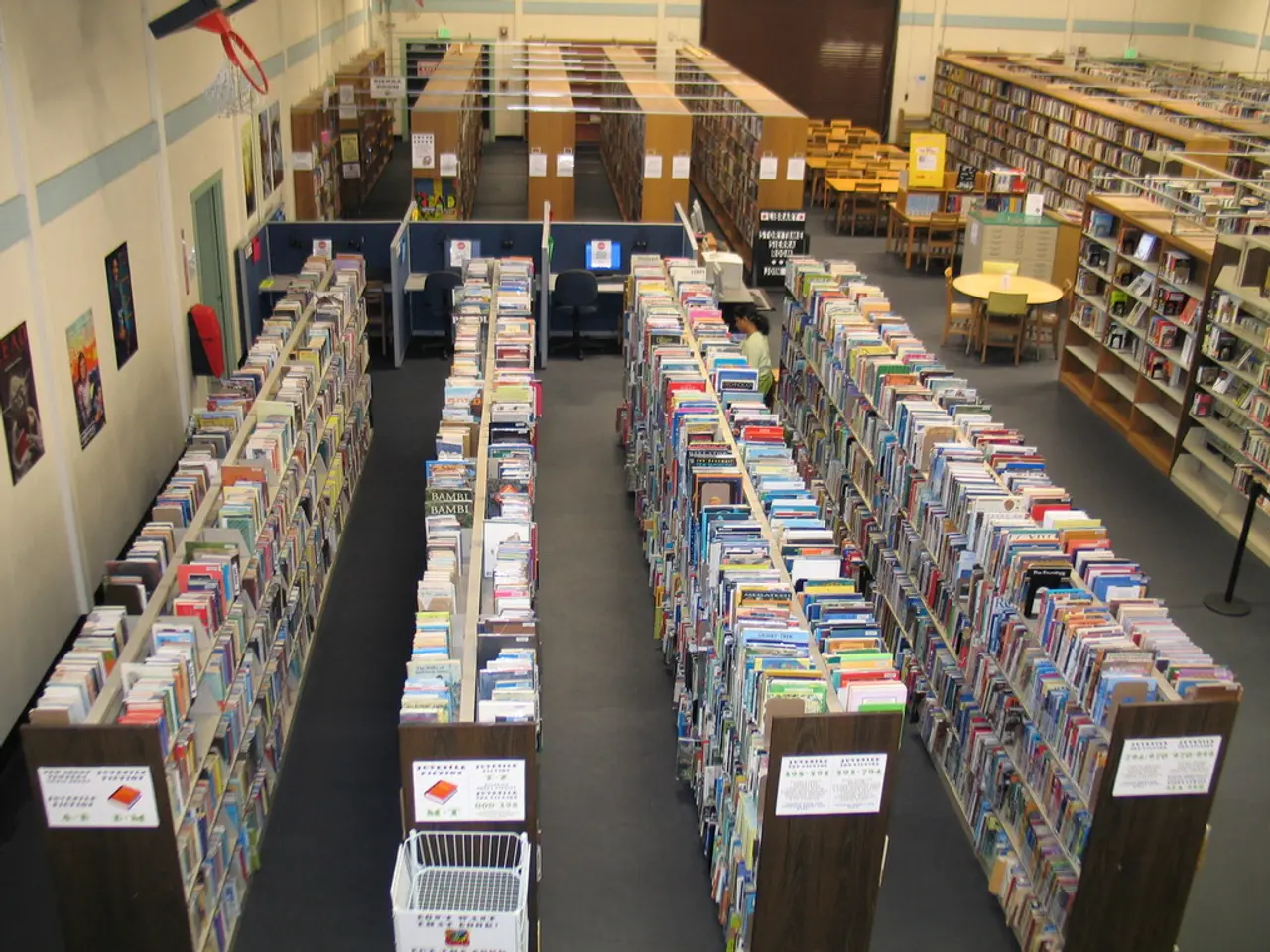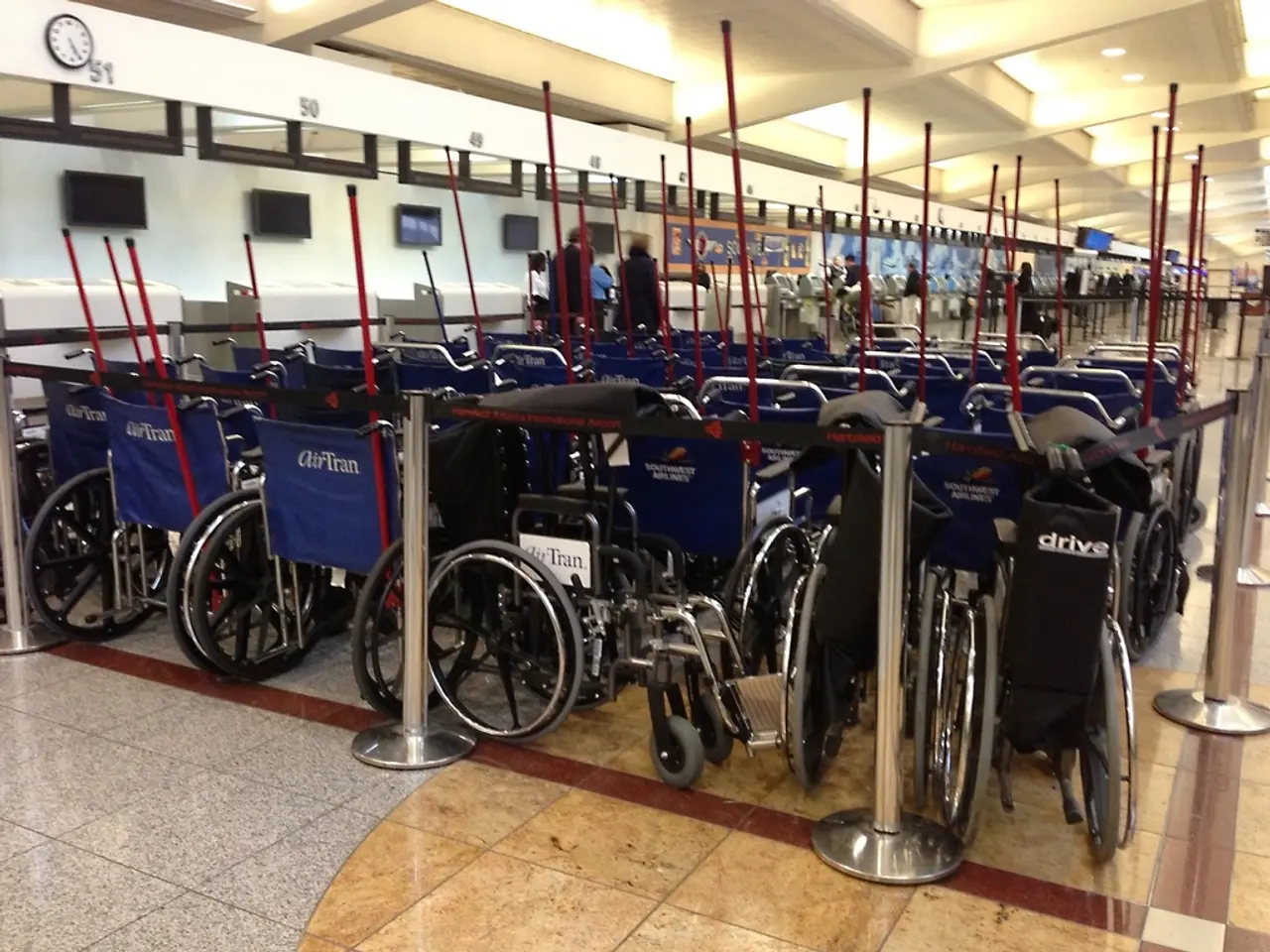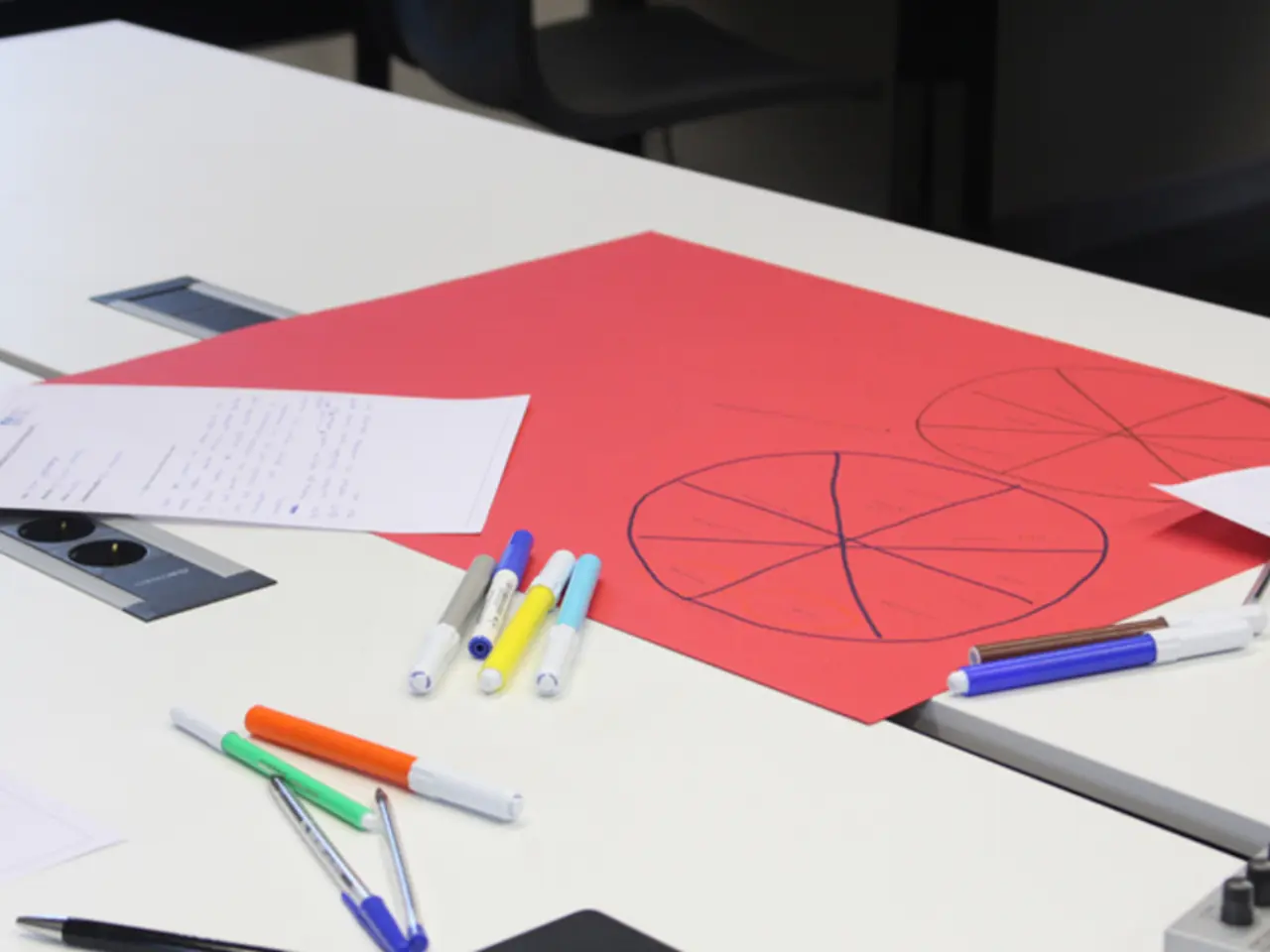"Seven Suggestions for Harnessing Community Assets for Educational Ventures, Fostering Learning Communities"
In many communities across the country, a diverse range of entities are working together to enrich homeschool education, offering hands-on learning experiences, educational materials, discounts, and community engagement opportunities that complement homeschool curricula.
Libraries, for instance, provide extensive learning tools and resources. They offer access to books, educational events, and collaborative opportunities that support homeschooling families.
Museums and zoos often extend a warm welcome to homeschoolers, offering free or discounted admission. This allows children to experience history, science, and art through interactive exhibits and demonstrations, deepening their understanding beyond textbooks.
Businesses also play a significant role, providing educational discounts on supplies, technology, and learning tools, making resources more affordable and accessible.
Community organizations and homeschool co-ops facilitate group classes, book swaps, shared curriculum resources, and social interaction, enriching learning through peer collaboration and diverse teaching methods.
Government resources support homeschoolers with official documentation, like homeschool ID cards, that grant access to educational discounts and programs. They also offer guidance on homeschooling requirements and options for supplemental education.
Together, these entities create a rich, experiential learning environment that supports customized, engaging, and interactive education tailored to the student’s interests and needs.
Beyond academic learning, there are numerous opportunities for students to engage with their local community. Digital storytelling projects, for example, enhance technology skills while ensuring important community memories are preserved for future generations.
Local government resources, often free or low-cost, make quality education accessible while building valuable community connections and real-world skills. Documenting local stories and traditional knowledge through interviews reveals fascinating local stories and practical heritage knowledge.
Testing pH levels, dissolved oxygen, and temperature in local streams using simple testing kits reveals ecosystem health and human environmental impact. Children develop interviewing skills, learn about traditional skills and local stories, and preserve community heritage through oral history projects.
Creating intergenerational learning partnerships pairs children with senior volunteers who can teach traditional crafts and skills. Senior centers facilitate oral history projects that create intergenerational connections and transform children's understanding of history through personal narratives.
Nature offers countless opportunities for hands-on scientific discovery in local environments. Observing seasonal changes in nearby ecosystems helps understand ecosystem dynamics. Engaging with senior centers for oral history projects creates meaningful learning experiences while preserving valuable community knowledge.
Local businesses offer authentic learning experiences through professional shadowing, market research projects, and entrepreneurship mentoring. Preserving community heritage through digital storytelling creates lasting records of community stories that families and local historical societies will treasure.
Public records provide primary source materials for investigating local problems and government responses. Attending city council meetings transforms abstract civics lessons into real-world experiences, allowing children to observe democracy in action. Libraries serve as dynamic learning hubs offering historical archives, primary sources, and expert-led programs.
Contacting city clerks for meeting agendas and arranging educational visits to government offices provides insights into public service careers and decision-making processes. Service learning connects academic concepts with meaningful community action through partnerships with nonprofits, food banks, and environmental groups.
In conclusion, the support and resources provided by local libraries, museums, businesses, community organizations, and government entities significantly contribute to a well-rounded, engaging, and interactive homeschool education experience. By leveraging these resources, homeschooled students can develop a deep understanding of their community, cultivate essential skills, and contribute positively to their local environment.
Public speaking skills can be honed by attending city council meetings and getting involved in service learning projects, where homeschooled students can observe decision-making processes and present their ideas to community organizations.
In the realm of education-and-self-development, programming can be a valuable skill that can be acquired through interactive exhibits and demonstrations offered by some museums and businesses, providing an immersive learning experience.




